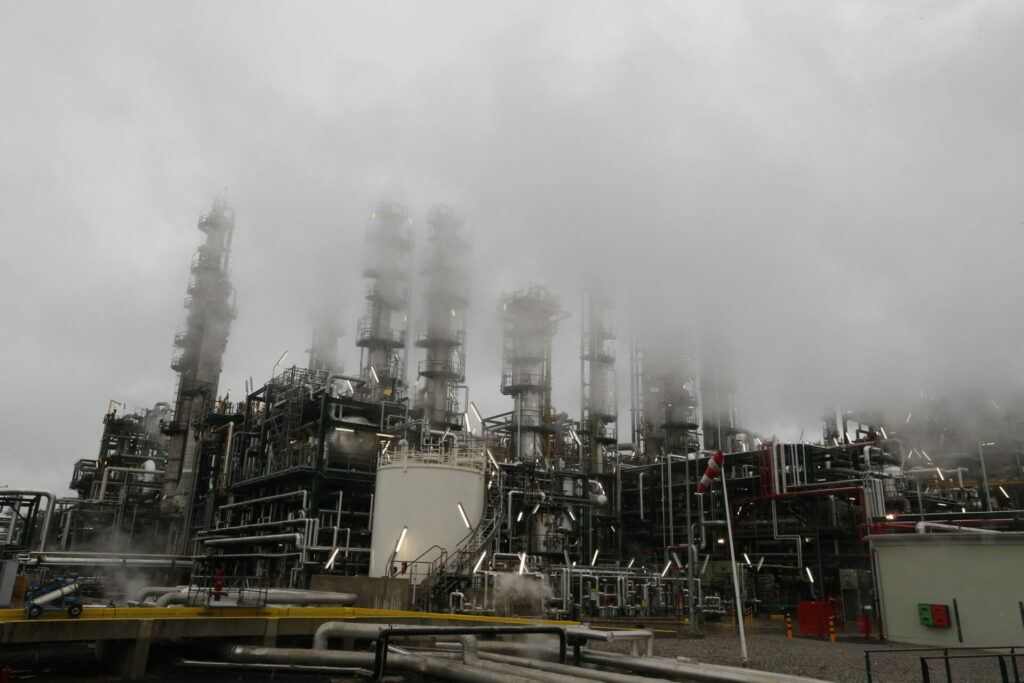An EU ban on importing Russian refined petroleum products, such as diesel and gasoline, comes into force today. The ban aims to further slash sources of Russian revenue following its invasion of Ukraine.
According to statistics published by Eurostat, the European Union’s statistics agency, Russia exported more than €2.3 billion of diesel and petrol to the EU in October. Germany alone purchased more than a quarter of the total Russian refined fuels.
The embargo was first agreed on in June as part of the sixth package of European sanctions against Russia in retaliation for its invasion of Ukraine. The agreement does provide for some exceptions for EU member countries who are still heavily reliant on Russian imports. The embargo is in addition to another ban on importing Russian crude by sea, which has been in place since December.
On 3 February, EU countries, along with their G7 partners, agreed on a cap on the global price of Russian petroleum products in anticipation of the ban. Now, the price of diesel, gasoline, and jet fuel will be capped at $100 per barrel. Products that trade at a discount to crude will be capped at $45 per barrel.
Related News
- EU to impose new Russian sanctions ahead of invasion anniversary
- Only 8.5% of Western companies have left Russia
Despite international sanctions, EU Member States are importing record amounts of Russian liquified natural gas (LNG). According to statistics released by NGO Greenpeace, EU imports of Russian LNG jumped 36% last year. Between March and October 2022, €1.6 billion of Russian LNG flowed through Belgium, which acts as a naval gateway for Russian gas to Europe.

